Deck & Commander Strategies

Tivit, Seller of Secrets
Leverages voting mechanics to create Treasure and Clue tokens, enabling artifact synergies and combo turns through Time Sieve to generate multiple extra turns.

Aragorn, King of Gondor
Focuses on becoming and maintaining the Monarch, generating token creatures, and employing an infinite combo with Zeal Conscripts and Kiki-Jiki to overwhelm opponents.

Ms. Bumbleflower
Employs group-hug tactics to distribute cards and +1/+1 counters, building towards a Simic Ascendancy combo win while maintaining political goodwill until the right moment to strike.

Queen Marchesa
Uses Monarch mechanics to create Assassin tokens and manipulates board control with spells like Mob Rule to temporarily take control of opposing creatures, fostering political tension and board advantage.
Gameplay Insights
- 1
Tivit’s voting triggers consistently generate multiple Treasure or Clue tokens, fueling artifact-based combos and enabling potential extra turns with Time Sieve.
- 2
Aragorn’s ability to become Monarch early and use token generation combined with the infinite interaction between Zeal Conscripts and Kiki-Jiki establishes a strong offensive threat.
- 3
Queen Marchesa's use of Mob Rule to seize control of creatures powerfully shifts board state momentum and creates distrust among players, enhancing the political gameplay dynamic.
- 4
Ms. Bumbleflower’s initial group-hug approach creates a friendly atmosphere but is disrupted by targeted removal from Queen Marchesa, illustrating the fragile balance of cooperation and competition in political decks.
- 5
The early deployment of Soul Ring by Aragorn accelerates mana and draws ire from opponents, showing how fast ramp can unbalance multiplayer political games and become a target.
- 6
Combat manipulation through Aragorn’s ability to restrict blockers challenges opponents’ defensive strategies, forcing more dynamic interactions during combat phases.
Notable Cards
-
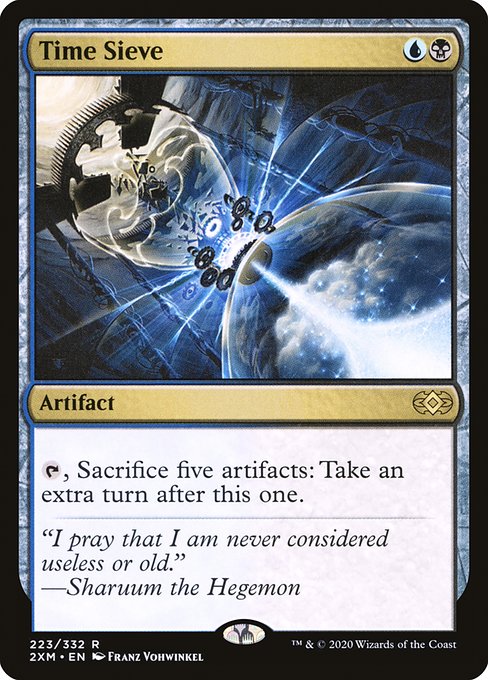
Time Sieve
-
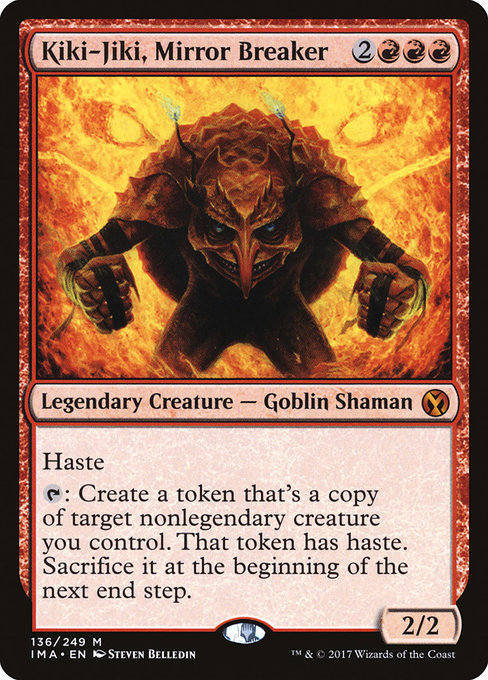
Kiki-Jiki, Mirror Breaker
-
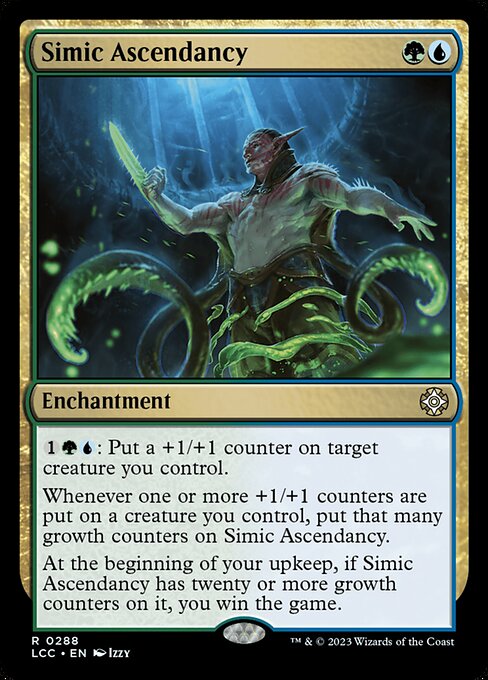
Simic Ascendancy
-
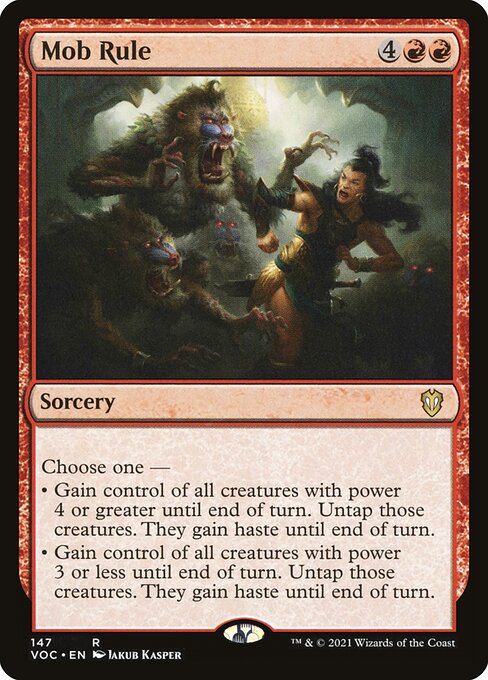
Mob Rule
-
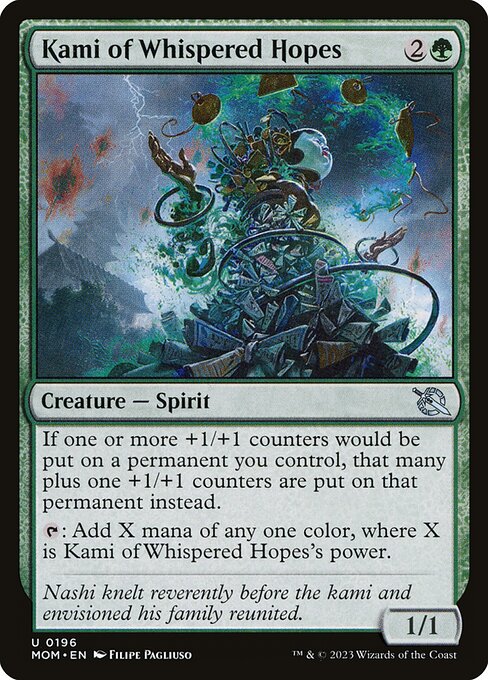
Kami of Whispered Hopes
-

Orzhov Signet
-

Path to Exile
-

Verix Bladewing
Gameplay Summary
The game begins with each player piloting a politically-themed commander deck, setting a tone of negotiation, manipulation, and shifting alliances.
Tivit, Seller of Secrets generates Treasure and Clue tokens through voting mechanics, aiming for artifact synergies and extra turns via Time Sieve.
Aragorn, King of Gondor focuses on controlling the Monarch status while creating token armies and leveraging combat manipulation to pressure opponents.
Ms. Bumbleflower plays a group-hug style Simic deck that supports all players with card draw and +1/+1 counters, quietly building towards a potential Simic Ascendancy win.
Queen Marchesa uses monarch mechanics to sow discord, create Assassin tokens, and capitalize on temporarily gaining control of creatures with Mob Rule to turn others' forces against them. Early plays include ramp and signets, with some political tension as players debate the fairness of quick acceleration like Soul Ring.
A key moment occurs when Queen Marchesa exiles a key creature from Ms. Bumbleflower’s board, disrupting her tempo and signaling that alliances are fragile.
Throughout the match, players tactically interact to maintain or wrest the Monarch status, balancing aggression and political influence.
The gameplay highlights include Tivit’s artifact token generation fueling combo potential, Aragorn’s creation of an infinite token combo with Zeal Conscripts and Kiki-Jiki, and Queen Marchesa’s use of Mob Rule to seize board advantage.
The game exemplifies how political dynamics influence decision-making in Commander, with shifting loyalties and control effects shaping the board state and win conditions.




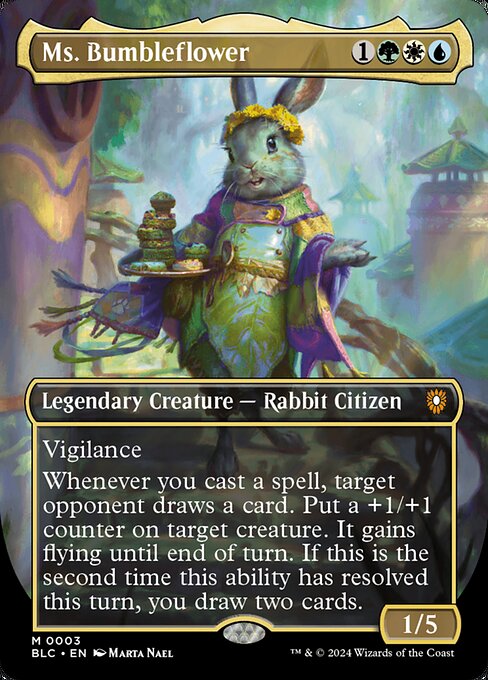






























![Commander VS S17E9: Vish Kal VS Vilis VS Skullbriar VS Queen Marchesa [Magic: The Gathering EDH] thumbnail](https://i.ytimg.com/vi/PclCM0FiXKE/sddefault.jpg)
![Commander VS S13E7: Tolsimir Wolfblood vs Slimefoot vs Queen Marchesa vs Tajic [EDH] thumbnail](https://i.ytimg.com/vi/9vSts7GdaqU/sddefault.jpg)













